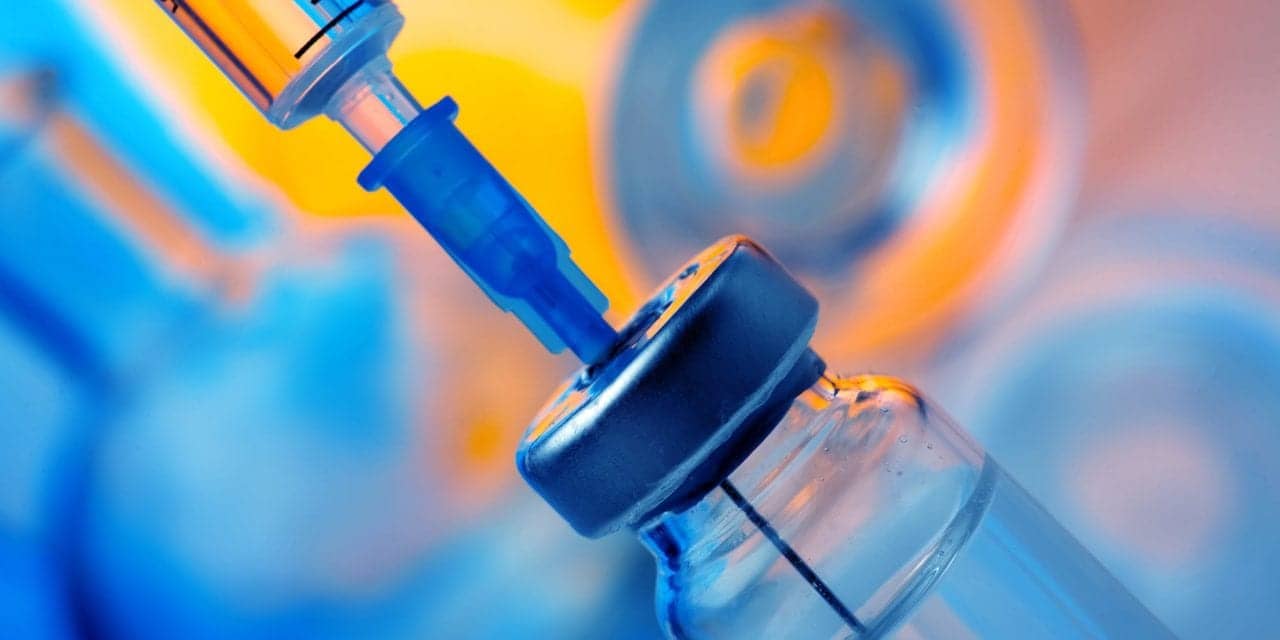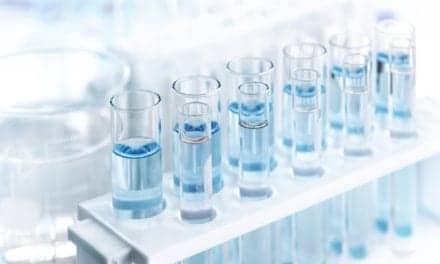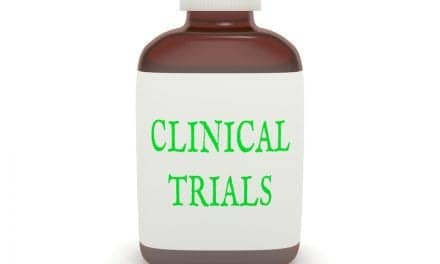Regeneron Pharmaceuticals Inc released positive results from a Phase 3 trial assessing the ability of Regen-CoV (casirivimab with imdevimab) to reduce the risk and burden of COVID-19 infection among household contacts of SARS-CoV-2 infected individuals. The trial, which was jointly run with the National Institute of Allergy and Infectious Diseases (NIAID), part of the National Institutes of Health (NIH), met its primary and key secondary endpoints, showing that Regen-CoV 1,200 mg administered subcutaneously reduced the risk of symptomatic infections by 81% in those who were not infected when they entered the trial.
Regen-CoV (casirivimab with imdevimab) is a cocktail of two monoclonal antibodies (also known as REGN10933 and REGN10987) that was designed specifically to block infectivity of SARS-CoV-2, the virus that causes COVID-19. The two potent, virus-neutralizing antibodies that form the cocktail bind non-competitively to the critical receptor binding domain of the virus’s spike protein, which diminishes the ability of mutant viruses to escape treatment and protects against spike variants that have arisen in the human population, as detailed in Science.
The US FDA has issued emergency use authorization for Regen-CoV to treat mild-to-moderate COVID-19 in adults, as well as in pediatric patients at least 12 years of age and weighing at least 40 kg, who have received positive results of direct SARS-CoV-2 viral testing and are at high risk for progressing to severe COVID-19 and/or hospitalization.
The Phase 3, double-blind, placebo-controlled trial assessed the effect of Regen-CoV on uninfected individuals without anti-SARS-CoV-2 antibodies or any COVID-19 symptoms, who lived in the same household as an individual who tested positive for SARS-CoV-2 within the prior 4 days. The trial enrolled 1,505 people who were not infected with SARS-CoV-2 at baseline and randomized to receive either 1 dose of Regen-CoV (1,200 mg) or placebo, administered as SC injections.
“These data suggest that Regen-CoV can complement widespread vaccination strategies, particularly for those at high risk of infection. Importantly, to date Regen-CoV has been shown in vitro to retain its potency against emerging COVID-19 variants of concern,” said Myron Cohen, MD, who leads the monoclonal antibody efforts for the NIH-sponsored COVID Prevention Network (CoVPN) and is Director of the Institute for Global Health & Infectious Diseases at the University of North Carolina at Chapel Hill. “Despite standard precautions to reduce transmission, nearly 10% of unvaccinated individuals living with an infected person developed symptomatic infections if they did not receive Regen-CoV. If authorized, convenient subcutaneous administration of Regen-CoV could help control outbreaks in high-risk settings where individuals have not yet been vaccinated, including individual households and group living settings.”
“These findings are very encouraging and suggest that Regen-CoV is highly effective at preventing symptomatic COVID-19 in household contacts of SARS-CoV-2 infected individuals,” said Dan H. Barouch, MD, PhD, co-principal investigator of the trial and Director of the Center for Virology and Vaccine Research at Beth Israel Deaconess Medical Center and Professor of Medicine at Harvard Medical School. “The rapid and robust protection, together with the subcutaneous route of administration, support the practical utility of these antibodies in protecting against COVID-19 in multiple settings, including after high-risk exposures. These antibodies may be particularly useful in individuals who are not yet vaccinated, and may also have potential in those who are immunosuppressed and may not respond well to vaccines.”
On average, individuals treated with Regen-CoV who experienced a symptomatic infection resolved their symptoms in 1 week, compared to 3 weeks with placebo. Infected individuals also cleared the virus faster with Regen-CoV.
Adverse events (AEs) occurred in 20% (n=265 out of 1,311) of Regen-CoV participants and 29% (n=379 out of 1,306) of placebo participants, and serious AEs occurred in 1% (n=10) of Regen-CoV and 1% (n=15) of placebo participants. There were 0 Regen-CoV and 4 placebo participants who were either hospitalized or visited the emergency room because of COVID-19 during the 29-day efficacy assessment period. Injection site reactions, all of which were grades 1-2, occurred in 4% (n=55) of Regen-CoV and 2% (n=19) of placebo participants. No individuals from either group withdrew from the trial due to AEs, and none of the deaths in the trial (2 Regen-CoV, 2 placebo) were attributed to COVID-19 or study drug.
“With more than 60,000 Americans continuing to be diagnosed with COVID-19 every day, the Regen-CoV antibody cocktail may help provide immediate protection to unvaccinated people who are exposed to the virus, and we are also working to understand its potential to provide ongoing protection for immunocompromised patients who may not respond well to vaccines,” said George D. Yancopoulos, MD, PhD, President and Chief Scientific Officer at Regeneron. “We thank the individuals, investigators and our collaborators involved in the trial, and look forward to rapidly discussing these results with regulatory authorities.”










